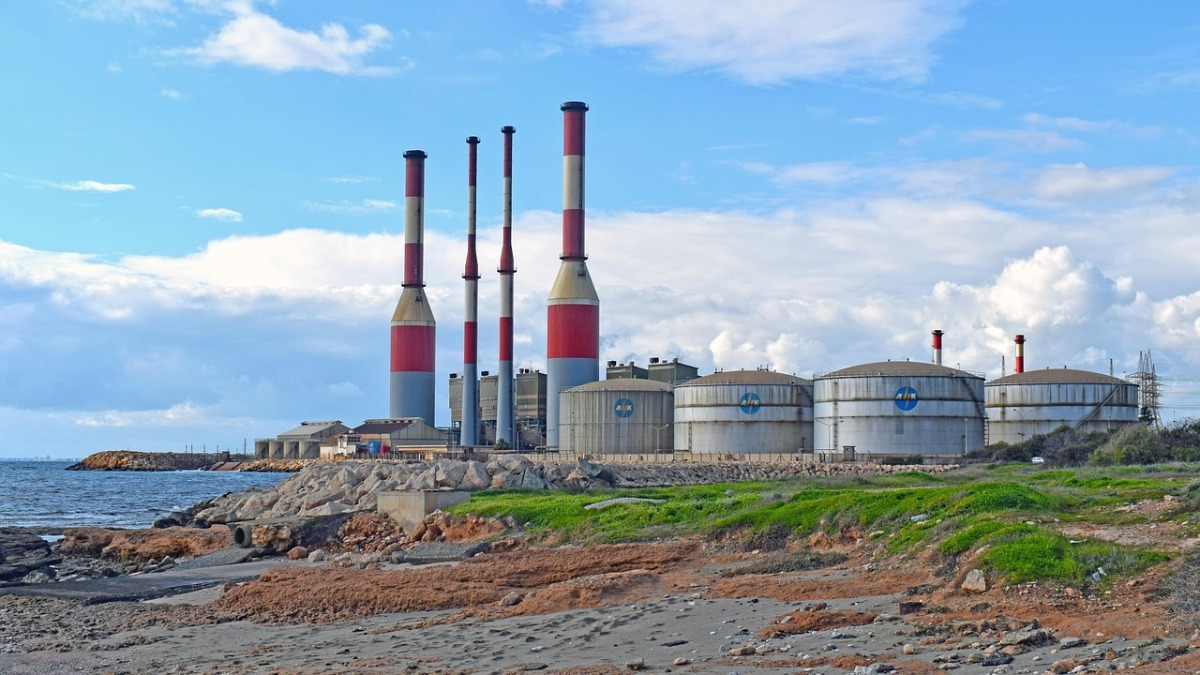After Iran launched missiles at a US military base in Qatar, oil prices dropped by more than four percent, falling below $71 per barrel. Investors reacted calmly as Iran’s response to the US was milder than expected. Although geopolitical risks in the Middle East have increased, the oil market did not panic due to large global oil reserves and Iran’s relative isolation. Analysts warn that a greater escalation, such as closing the Strait of Hormuz, could cause significant market disruptions.
Political Perspectives:
Left: Left-leaning outlets emphasize the geopolitical risks and the potential for escalation in the Middle East, highlighting the human and regional security implications. They tend to focus on the broader context of US-Iran tensions and the impact on global stability, often critiquing military interventions and advocating for diplomatic solutions.
Center: Centrist sources report the facts of the missile attack and the immediate market reaction, focusing on the economic impact such as the drop in oil prices and investor sentiment. They provide balanced analysis on the geopolitical risks without strong bias, noting the potential consequences if the conflict escalates further.
Right: Right-leaning media highlight the resilience of the oil market despite the attack and emphasize the relative weakness or isolation of Iran. They often frame the event as a contained incident with limited impact, stressing the strength of US and allied responses and downplaying the risk of major disruptions.


